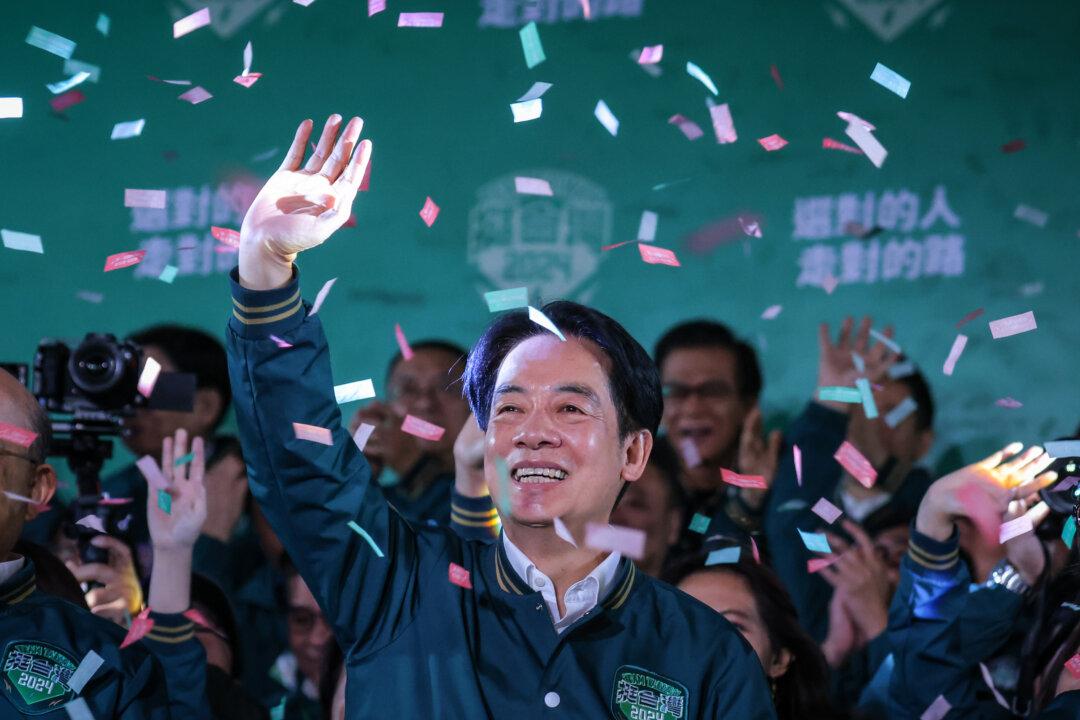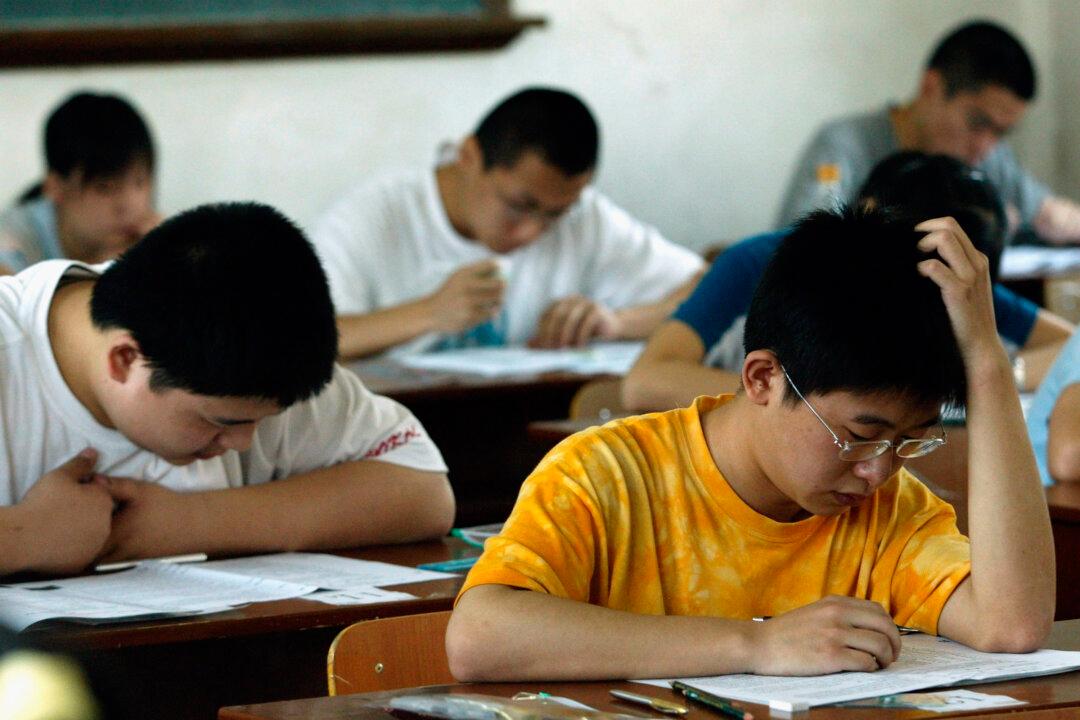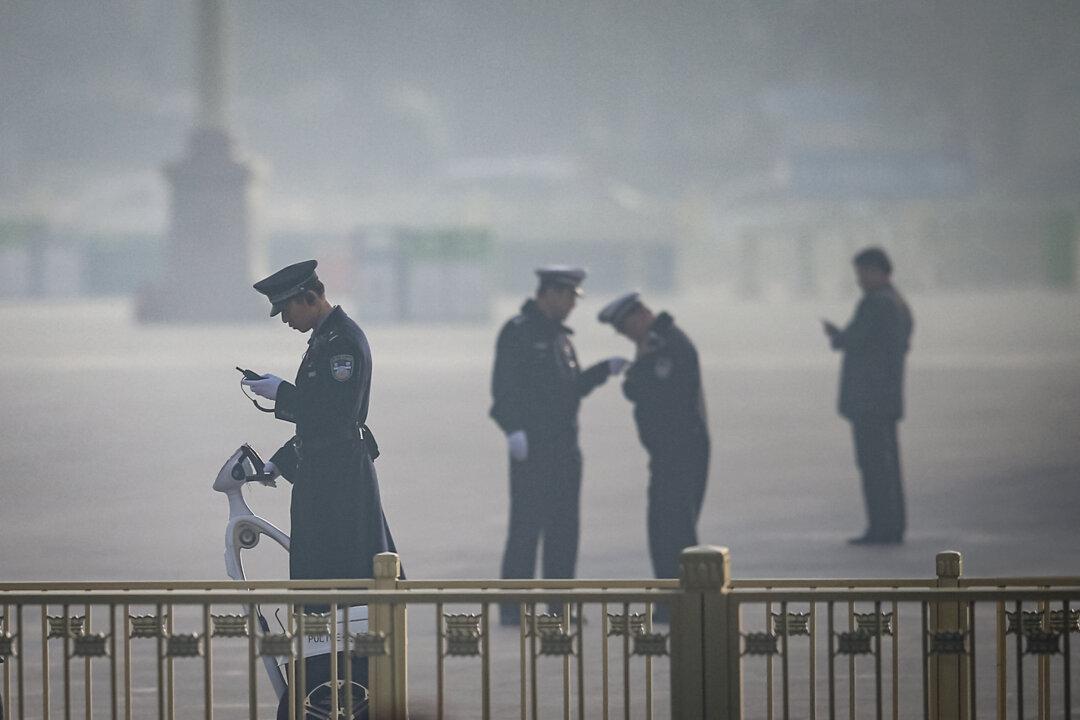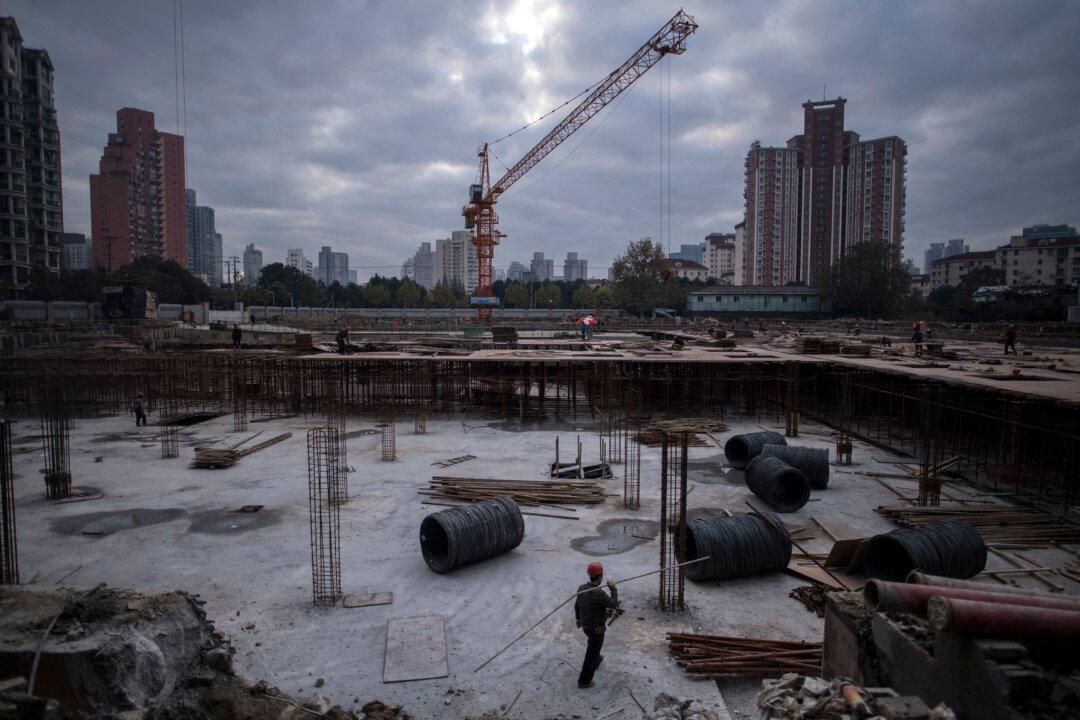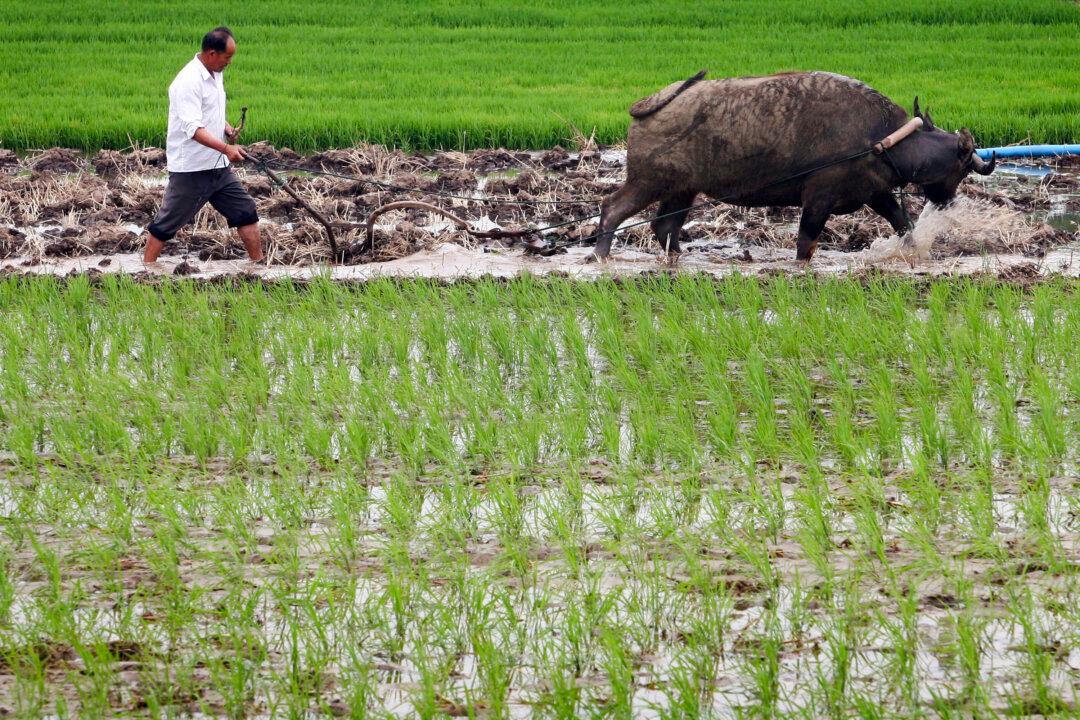Opinion
Beijing constantly threatens that Taiwan’s independence is absolutely unacceptable, but many Chinese intellectuals hold the opposite view: it is Taiwan, which legally represents the Republic of China (ROC), that has the authority to reclaim mainland China or allow mainland China to become independent from the ROC if the Chinese people truly want it.
